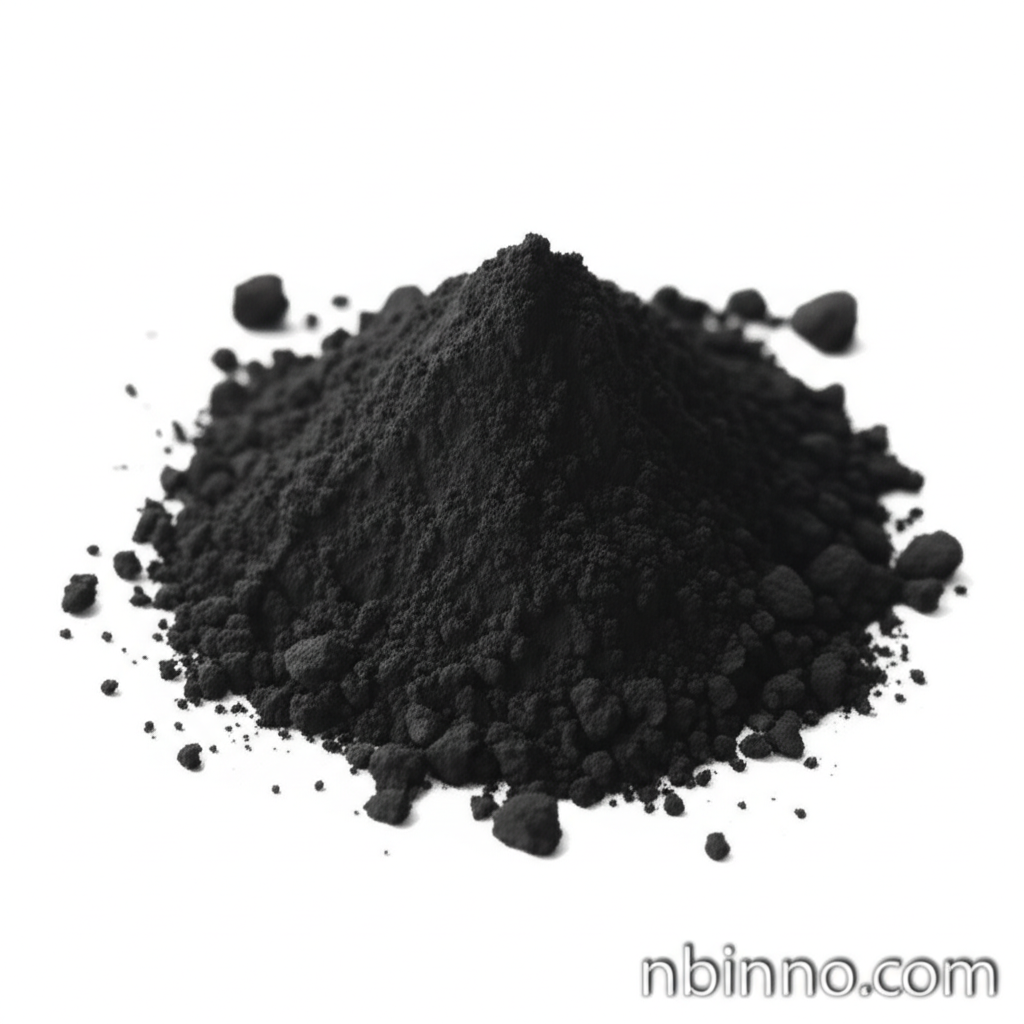Titanium Aluminum Carbide (Ti2AlC): A Next-Gen MAX Phase Ceramic
Explore the unique properties and diverse applications of this advanced layered ceramic material.
Get a Quote & SampleUnveiling the Core Value of Ti2AlC

Titanium Aluminum Carbide Powder
Titanium Aluminum Carbide (Ti2AlC) is a remarkable ternary layered MAX phase ceramic material that uniquely blends metallic conductivity with the exceptional high-temperature strength and oxidation resistance characteristic of ceramics. Its intricate nanolaminated structure endows it with a compelling array of properties, making it a material of significant interest across various high-tech industries.
- Leveraging its excellent electrical conductivity of Ti2AlC, it's ideal for applications requiring efficient charge transport.
- The high-temperature stability and oxidation resistance of MAX phase ceramics ensure performance in extreme environments.
- Its potential as a MXene precursor material opens doors to novel 2D material applications.
- The advanced material science research continually expands the understanding and utilization of its unique characteristics.
Key Advantages of Titanium Aluminum Carbide
Superior High-Temperature Performance
The inherent thermal stability and excellent oxidation resistance of Ti2AlC make it a prime candidate for high-temperature applications where traditional materials falter.
Enhanced Electrical Conductivity
Possessing metallic conductivity, Ti2AlC is crucial for electronic components and energy storage systems, facilitating efficient energy transfer.
Versatile MXene Precursor
As a precursor material for MXenes, it enables the development of next-generation materials with tailored properties for advanced technologies.
Key Applications
High-Temperature Coatings
Titanium Aluminum Carbide powder finds extensive use in high-temperature coatings, providing enhanced resistance to wear and thermal stress in demanding industrial environments.
MXene Precursors
It serves as a vital starting material for the synthesis of MXenes, unlocking new possibilities in energy storage, catalysis, and electronics.
Conductive Ceramics
Its inherent conductivity makes it suitable for conductive ceramic components, offering reliable performance in specialized electronic applications.
Energy Storage
The material's unique electrochemical properties position it for improved performance in lithium-ion batteries and supercapacitors, contributing to advancements in energy storage technology.
